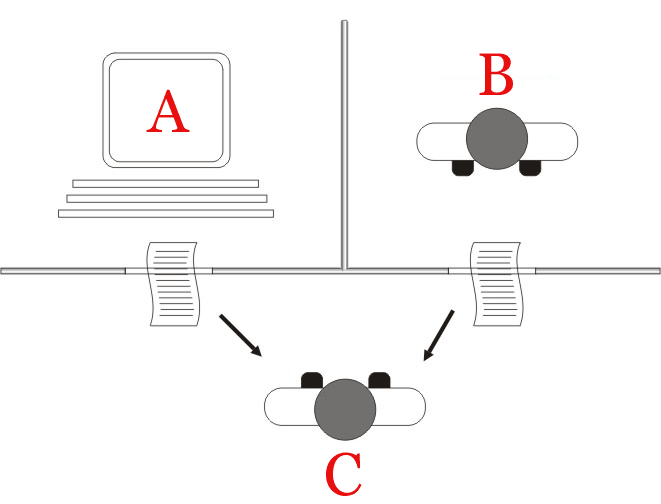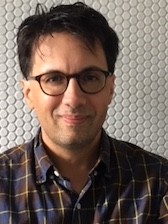HUMS 430, Thought Experiments

Course Description:
The course looks closely at the intersection of literature, philosophy and natural science through the lens of the thought experiment. Do thought experiments yield new knowledge about the world? What do thought experiments provide that straight argumentation does not? How do thought experiments compare with experiments conducted under laboratory conditions, or to genres like science fiction? What is the role of narrative or scene setting in thought experiments? Can works of literary fiction or films function as thought experiments? Readings may take up topics such as personal identity, artificial intelligence, meaning and intentionality, free will, time travel, the riddle of induction, “trolley problems” in ethics and the hard problem of consciousness. Throughout we try to be attuned to overlap between the humanities and the sciences. Authors may include Mary Shelley, Plato, Albert Einstein, David Hume, Franz Kafka, H.G. Wells, Philippa Foot, Arthur Conan Doyle, Rene Descartes, Ludwig Wittgenstein, Kazuo Ishiguro, Nelson Goodman, Rivka Galchen, Jorge Luis Borges, Thomas Nagel, Alan Turing, Hilary Putnam, Ursula Le Guin, Philip K. Dick, as well as films (The Imitation Game) and television shows (Black Mirror).
Led By:
 |
Professor Paul GrimstadPaul Grimstad is Lecturer and Director of Undergraduate Studies in Humanities. He writes regularly for The Believer, Bookforum, London Review of Books, The New Yorker, n+1, The Paris Review, Music and Literature, The New Republic, Times Literary Supplement, Raritan, and other journals and magazines. He is the author of Experience and Experimental Writing: Literary Pragmatism from Emerson to the Jameses (Oxford, 2013) which was recently the focus of a symposium in the journal Nonsite. He has contributed chapters to Melville’s Philosophies, The Oxford Handbook to Edgar Allan Poe, Stanley Cavell and Literary Studies and the Oxford History of the Novel. While an assistant professor of English at Yale he received the Sarai Ribicoff ’79 teaching prize for “instruction and character that reflect the qualities of independence, innovation, and originality.” He has taught literature and philosophy at NYU, Columbia and Yale. |